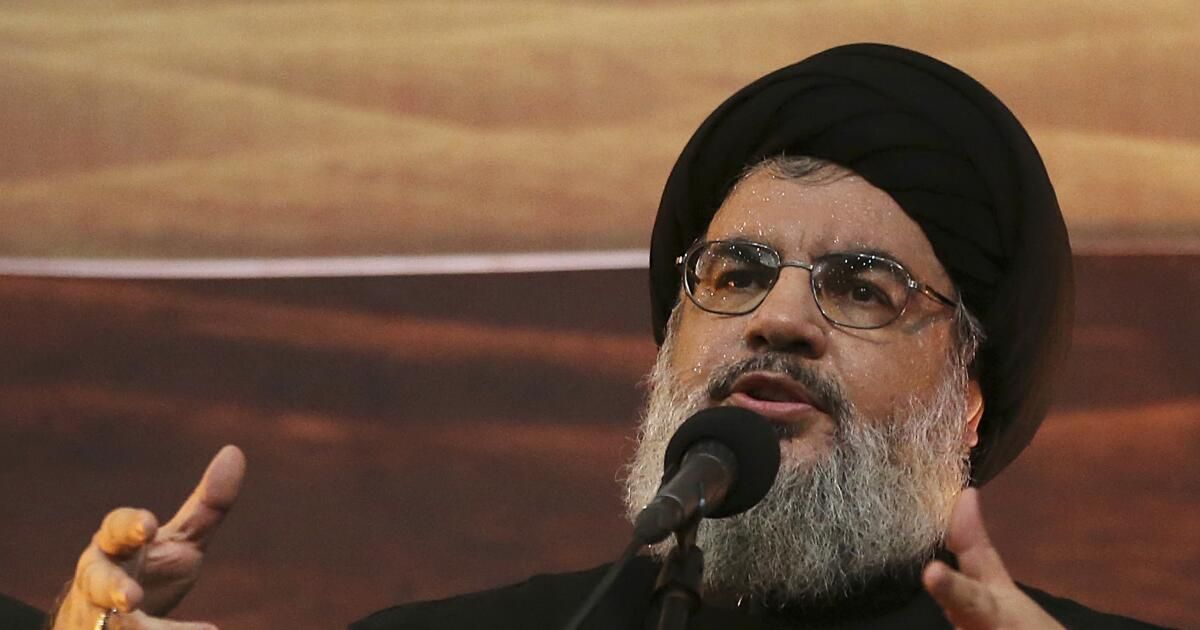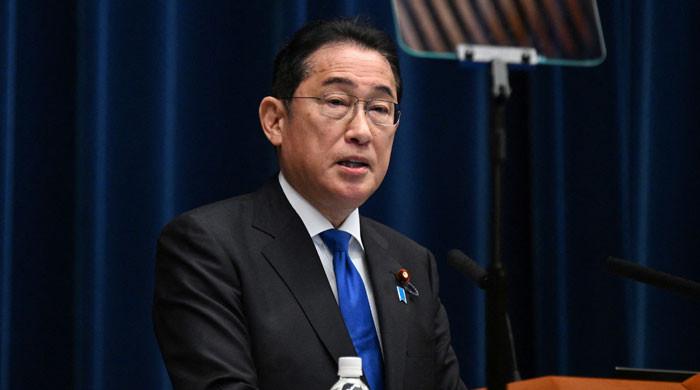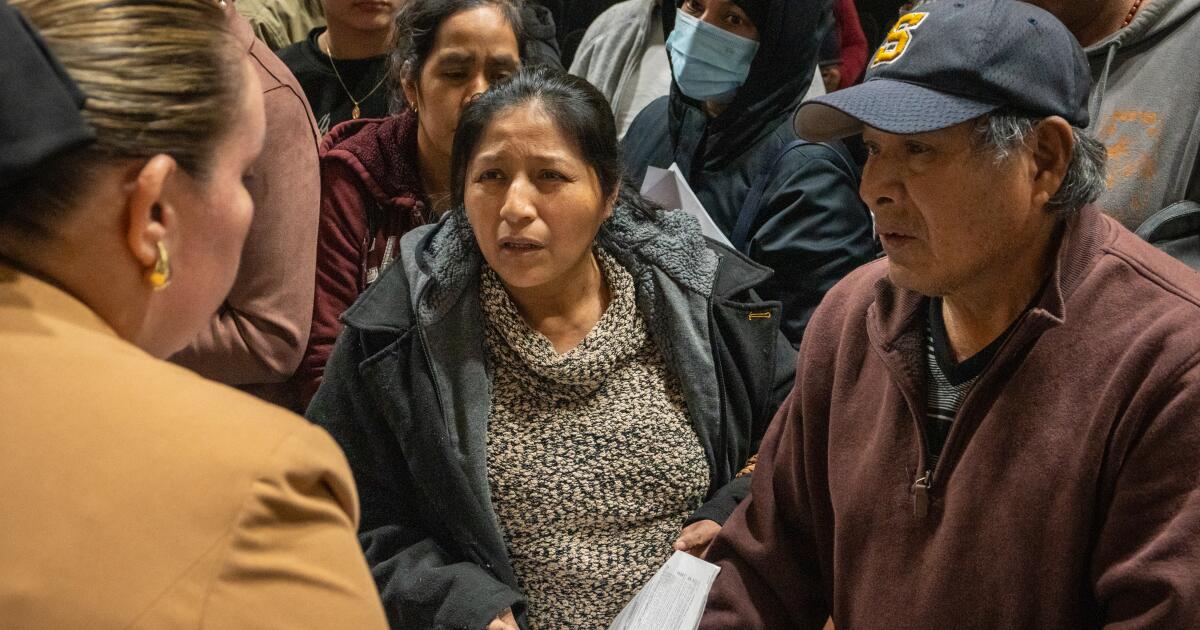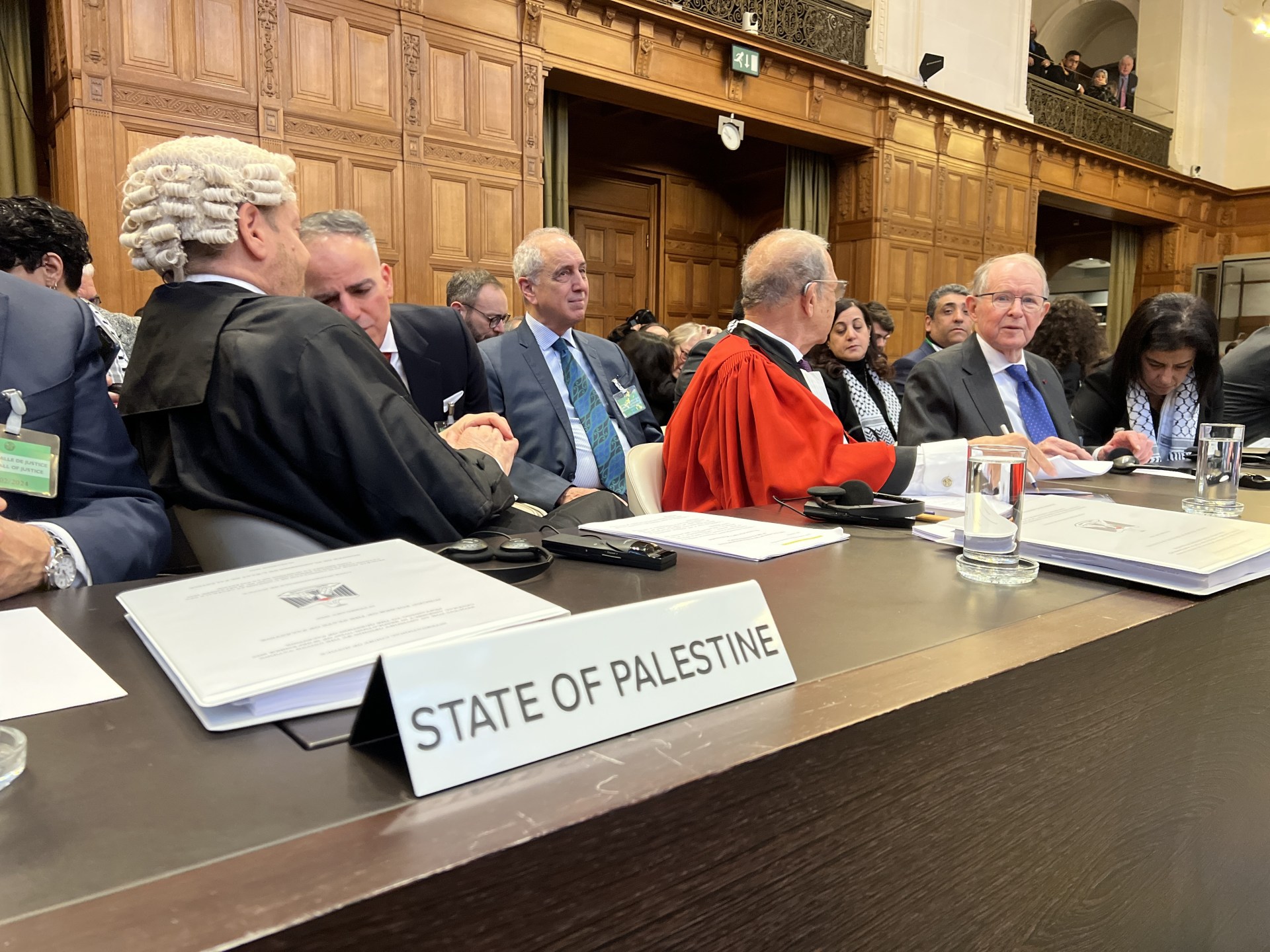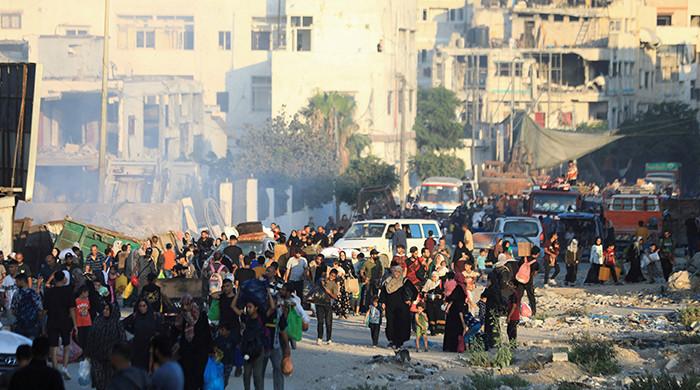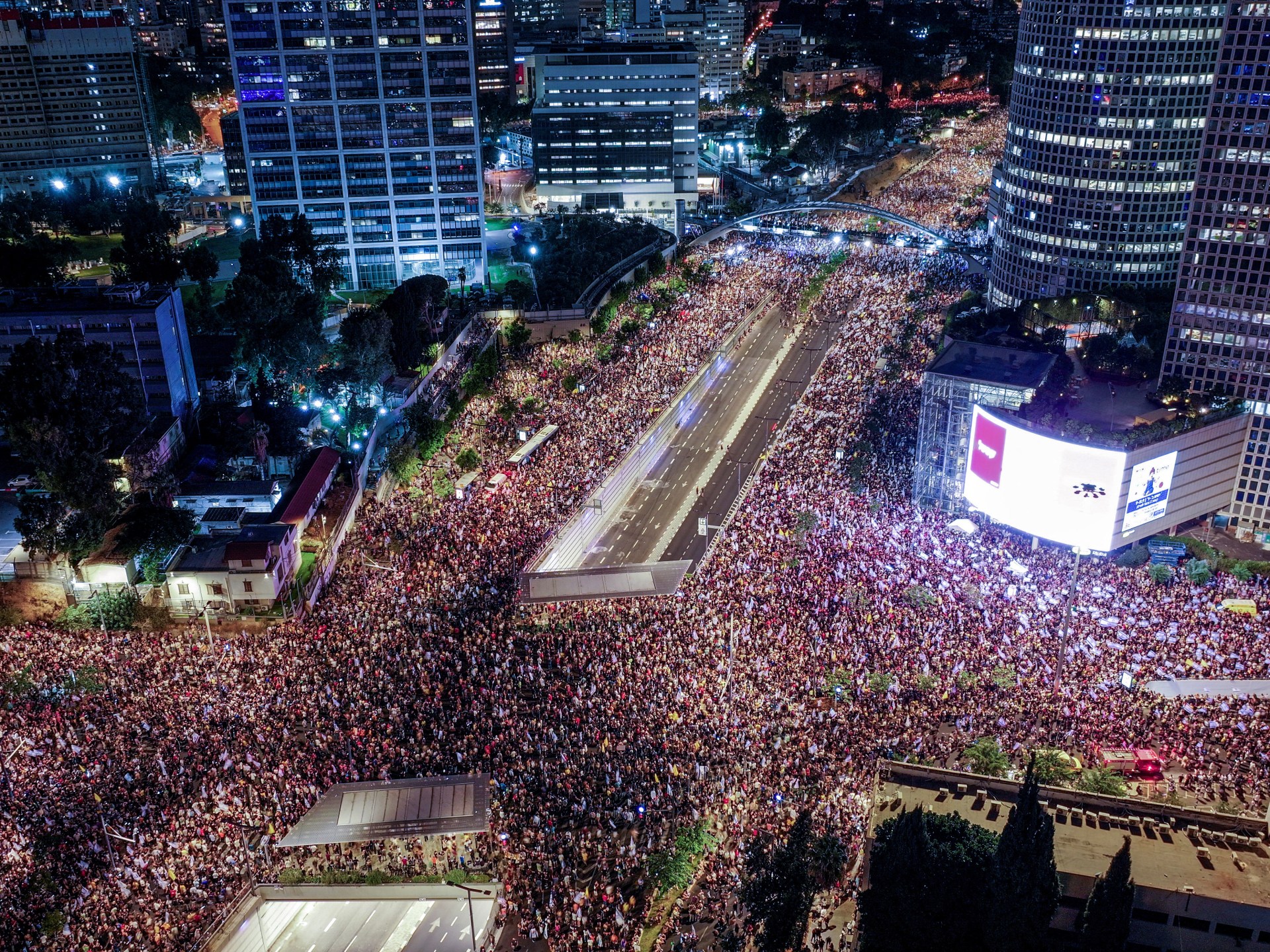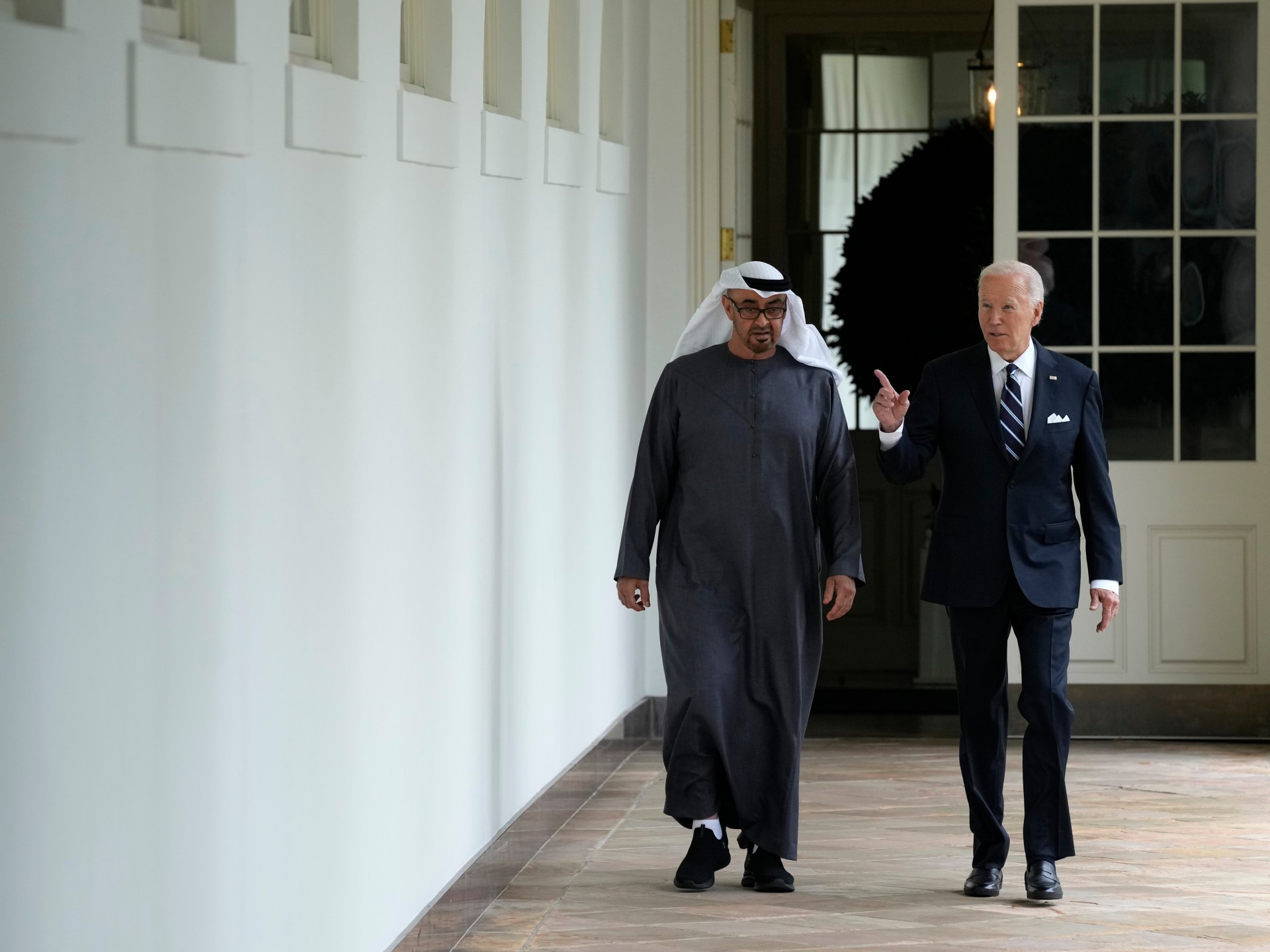The Lebanese militant group Hezbollah confirmed on Saturday that its former leader, Hassan Nasrallah, had been killed in an Israeli airstrike the night before, even as Israel pressed ahead with a new round of punitive airstrikes and the region appeared to move closer to total destruction. . war.
The announcement came hours after Israel's military declared it had killed Nasrallah, 64, who helped found Hezbollah and had led the Iran-backed group for three decades, in a devastating attack Friday night in the southern suburbs of Beirut, a Hezbollah stronghold. .
Through the night and into Saturday, Israeli warplanes continued to attack Hezbollah-dominated neighborhoods on the city's southern outskirts, leaving the Lebanese capital shrouded in choking smoke and giving an apocalyptic air to the open-air camps that sprang up. overnight.
Thousands of people who fled the devastated areas spent the night outdoors, huddling where they could in parks, squares and paths near the seafront.
Nasrallah's death represents the most stunning blow yet dealt to the Iran-backed group by Israel, which in a span of nearly two weeks turned a low-level campaign of retaliatory cross-border attacks into an all-out effort to decapitate the group. . .
The Israeli military initially revealed the death in a brief statement posted on social media.
“Hassan Nasrallah will no longer be able to terrorize the world,” he declared.
He later posted a graphic showing 11 high-ranking members of Hezbollah's military chain of command. Ten had the word “removed” next to their photo, including Nasrallah.
Hezbollah responded with apparent defiance, sending a heavy barrage of rockets across the border into Israel. The Israeli army reported no casualties from what it said were 40 projectiles fired into the north of the country.
In Beirut, the wave of Israeli attacks caused widespread panic, with thousands of people trudging with backpacks, duffel bags, wheeled suitcases and pet cages as they fled their homes in the densely populated suburb of Dahieh and nearby Burj al Barajneh refugee camp.
Khaled Mustafa, a 45-year-old Syrian tailor from Aleppo who has lived with his family for the past nine years in Haret Hreik, a neighborhood with many Hezbollah administrative offices, sat cross-legged in the shade of a palm tree on a sidewalk with views of the Mediterranean. After a major Israeli airstrike in Dahieh on Friday night, he left his apartment without taking any of his belongings.
“Last night I sent my family back to Syria. Eight people. “I am alone here,” Mustafa said. Although he did not feel safe returning to Syria, a country embroiled in civil war since 2011, it was better than being in Dahieh, he said.
“Where can I go? What can I do? Sit here on the streets without food or water? Is this good?
Hezbollah published on its official social media channels a flyer with phone numbers that could facilitate transportation to Syria for those who want to leave Lebanon.
A walk through Dahieh revealed a ghost town, with a few cars and scooters racing through abandoned streets, stopping in columns of smoke rising from the bowels of the attack sites before speeding away.
Even Hezbollah security officials, who normally have a constant presence on the streets here, were sparse, with only a few stragglers stationed near the affected areas. Checkpoints normally manned by Lebanese army soldiers were empty.
At the site of the destroyed residential complex that had overlapped the attacked underground headquarters, black smoke was still billowing from the basement level.
“After this, how can we feel anything?” asked a 26-year-old Hezbollah security man who identified himself only as Ziyad.
His teammate Zain, another 26-year-old, seemed almost in tears and said: “The future is gone.”
According to the Lebanese Health Ministry, Friday's attack killed six people and injured more than 90. The ministry said in an update on Saturday that hospitals in Dahieh were being evacuated. He added that medical facilities in other parts of the city would suspend non-urgent cases until the end of next week to deal with the rush of victims.
Hezbollah, a paramilitary faction and political party, has long been considered Israel's main regional adversary. The group began a campaign of cross-border attacks almost immediately after the Palestinian militant group Hamas attacked southern Israel on October 7, killing about 1,200 people and taking around 250 hostages.
Over the past 11 months, parallel to the war between Israel and Hamas in the Gaza Strip, Israel and Hezbollah have engaged in an escalating series of attacks, mostly confined to the border region and always stopping short of escalating into a full-fledged conflict. large scale.
On both sides of the border, tens of thousands fled their homes: about 90,000 Lebanese were displaced from the south of the country and about 60,000 were expelled from communities in northern Israel.
But Israel's calculus changed in recent weeks, when Israeli Prime Minister Benjamin Netanyahu said his government would make the ability of northern residents to return to their homes a formal war objective. In the following days, Israel carried out a two-day wave of detonations using booby-trapped pagers and walkie-talkies used by Hezbollah, followed by intense airstrikes and targeted persecution of the group's top leaders.
Analysts said Nasrallah's death represents a severe blow to Hezbollah, but not a fatal one, particularly if Iran continues to train, supply and arm it.
“The root of the organization remains, in the sense that the narrative of belief in the cause still exists,” said Mohamad Hage Ali, a Hezbollah expert at the Carnegie Middle East Center. “I can't understand how the central organization would just go away and stay home after this.”
Hezbollah, he said, can “continue to cause harm to the Israelis in the next phase,” especially in the case of a ground incursion. Earlier this week, the Israeli military sent two brigades to the north of the country to train for such a potential scenario and said additional reservists had been mobilized.
Nasrallah was not the only senior Hezbollah leader killed in Friday's attack. Ali Karki, the commander of Hezbollah's Southern Front, and other commanders were also killed, the Israeli military said.
Iran's official IRNA news agency said on Saturday that Abbas Nilforushan, a leading general in its paramilitary Revolutionary Guard, had also been killed.
On Saturday, before Hezbollah confirmed Nasrallah's death, Iranian Supreme Leader Ayatollah Ali Khamenei criticized Israel for “the massacre of the defenseless people of Lebanon.”
Denouncing the “Zionist entity” – referring to Israel – the Iranian leader said that what he called the resistance, a coalition of Iranian regional representatives, would prevail. This includes forces including Hezbollah, the Palestinian groups Hamas and Palestinian Islamic Jihad, the Houthi rebels in Yemen, various Syrian and Iraqi militias, and the Syrian government.
Hamas, still locked in combat with Israel in Gaza, sent its condolences. He said the deaths left him and his allied groups “braver, stronger and more determined to continue the confrontation.”
Bulos reported from Beirut, King from Washington.

